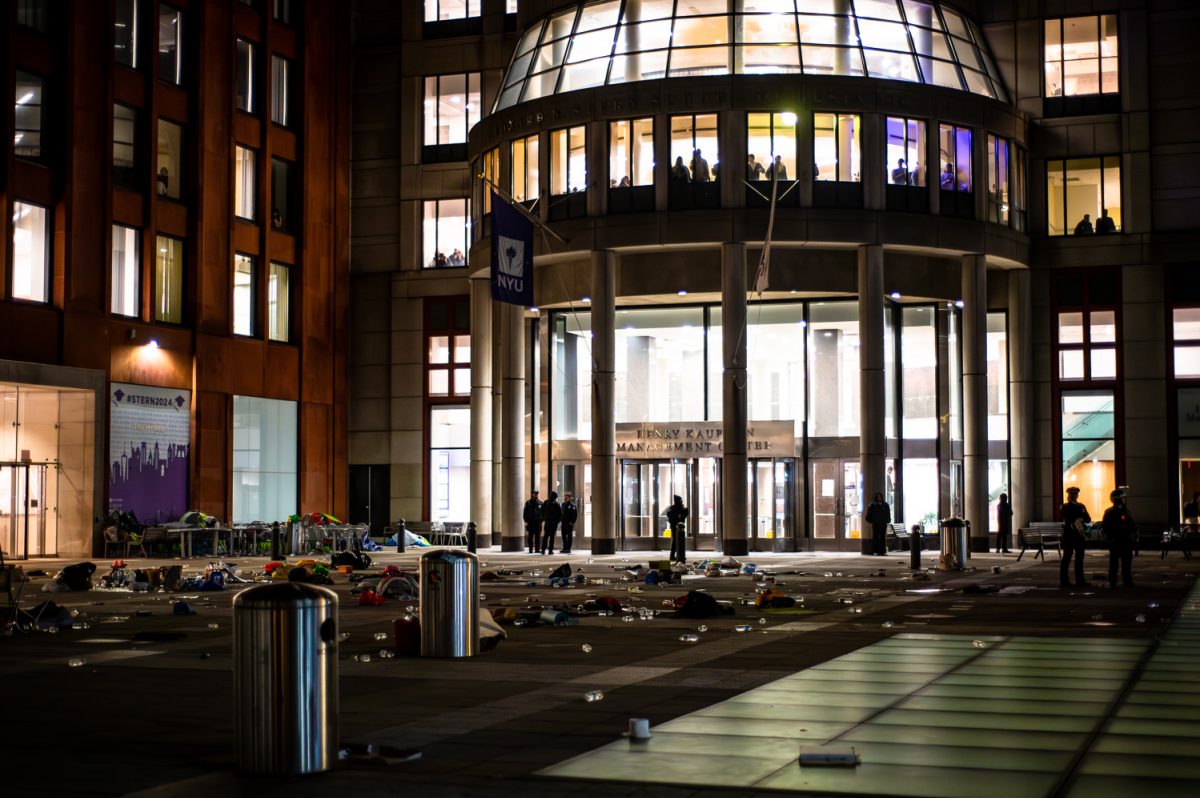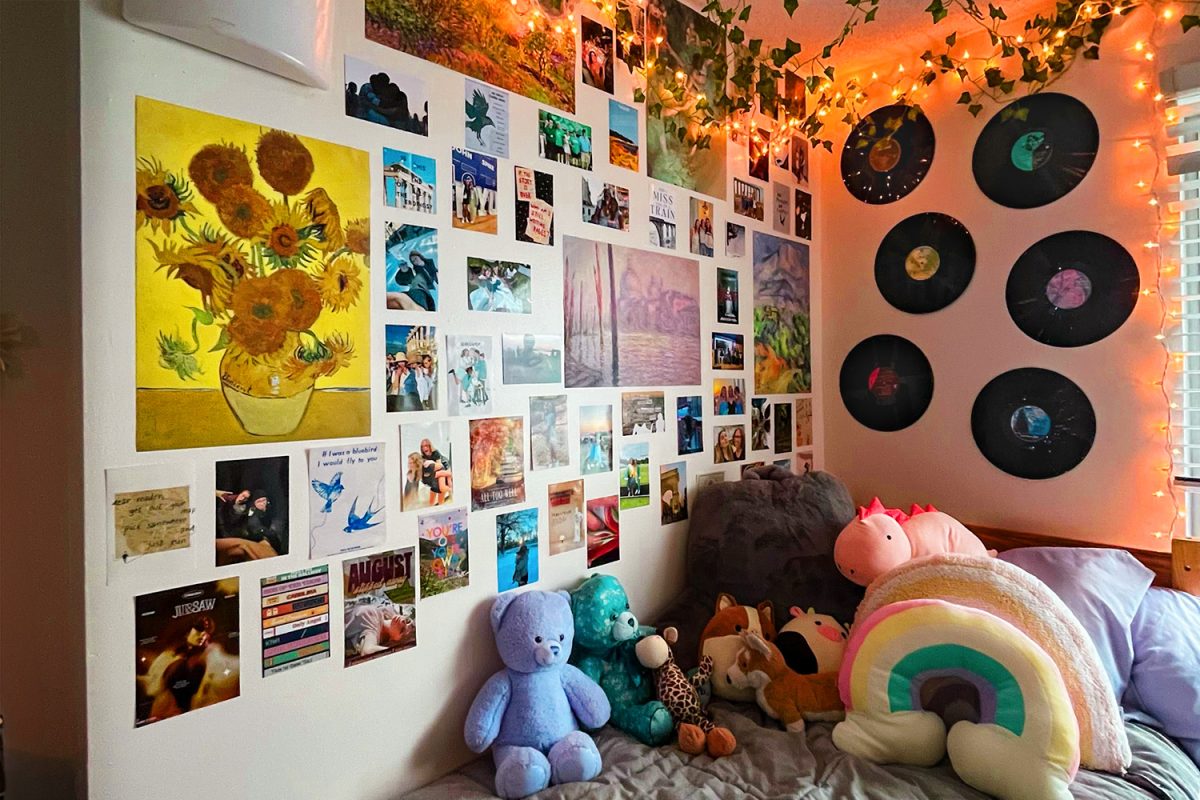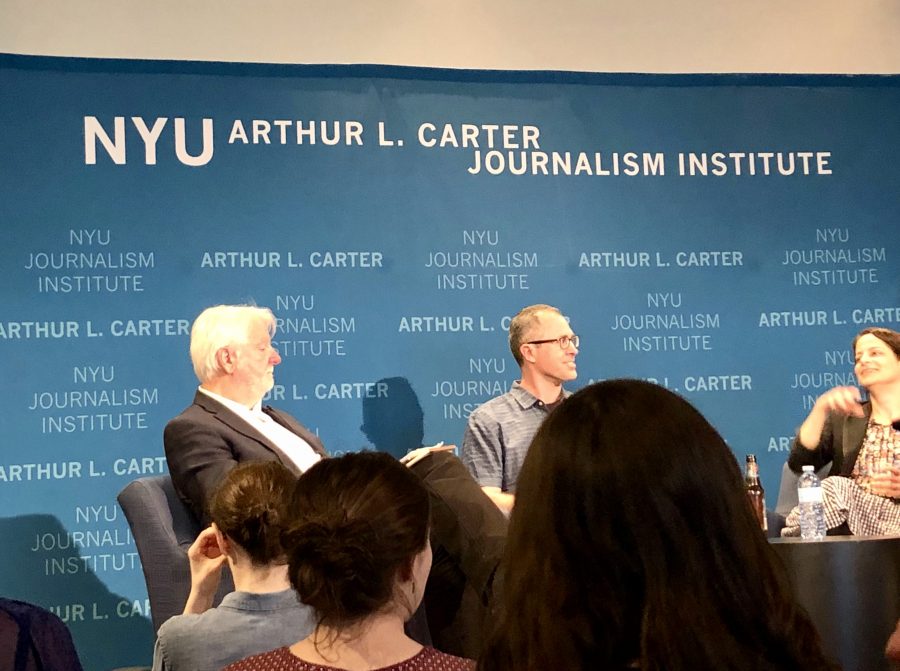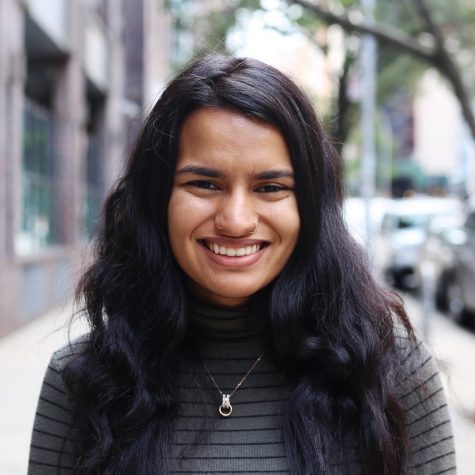NPR’s “Invisibilia” co-host Alix Spiegel and psychologist Brian Nosek discussed the credibility of scientific research and reporting in an event hosted by NYU’s Science, Health and Environmental Reporting Program.
Spiegel detailed her journey into scientific research, which came about through her investigation of own family. Her grandfather was the head of the American Psychiatric Association when the association decided to remove homosexuality from the Diagnostic and Statistical Manual of Mental Disorders, a manual which details the symptoms of all psychiatric disorders.
“This was a moral or social decision masked as a scientific decision,” Spiegel said. “Science has a lot of power, and we need someone to look at this field, and questions like why and how.”
As a co-host of one of the most popular podcasts on iTunes, Spiegel attempts to make these investigations into science as interesting as possible for a larger audience. The panel admitted that science can seem boring, which is why Spiegel believes it’s important to find human narratives.
“I find some ideas in the science that feels really compelling and interesting to me,” Spiegel said. “The most important thing as a journalist is to use all your storytelling capability to show the listener why they should care.”
Tisch first-year Cassie Vega found the discussion about making scientists’ studies more accessible particularly compelling. As someone who has never listened to the podcast, she could see the importance in Spiegel’s storytelling.
“The medium of storytelling is able to help people learn more about these topics, especially because the work that Spiegel covers is so important,” Vega said.
Spiegel worries that because she has such a large audience, people who listen might not understand the problems of credibility in scientific experiments like the ones she covers. In one of the most recent episodes of “Invisibilia,” Spiegel talked to a woman who had an electrode planted in her brain to help combat her OCD. The women participated in a trial that is still ongoing, so the effects of the electrode have not been fully researched.
“My big, big fear is that people listen to these stories and think, ‘This is a great idea,’” Spiegel said.
Brian Nosek, another panelist at the event, echoed this sentiment when discussing how — in the case that scientific research cannot be replicated — it changes the interpretation of the results. His center, the Center for Open Science works to replicate studies from prestigious journals. One of his studies found that 60% of studies published in top journals could not be replicated.
“The concern that we had was that we didn’t know how much to trust these papers,” Nosek said.
Nosek joked that his research has caused him to lose and gain friends, but that he believes his work is important for showcasing the credibility of published reports. His center has recently partnered with Defense Advanced Research Projects Agency, an AI technology that can test studies for credibility without replication.
“We’re not going to fix the problem of certainty,” Nosek said. “Because while humans really really want certainty, no individual study is going to provide certainty about anything.”
Email Mansee Khurana at [email protected].












































































































































